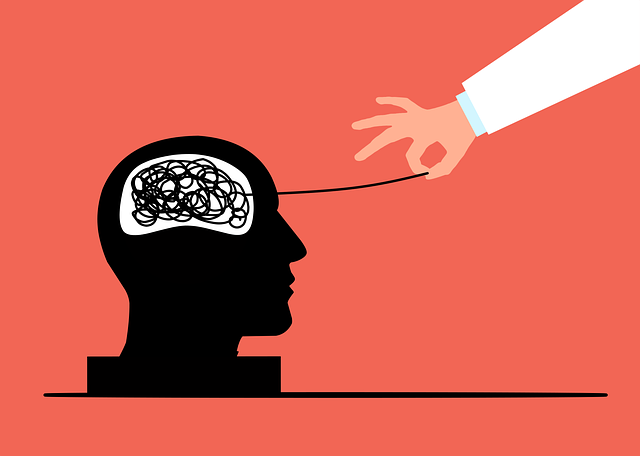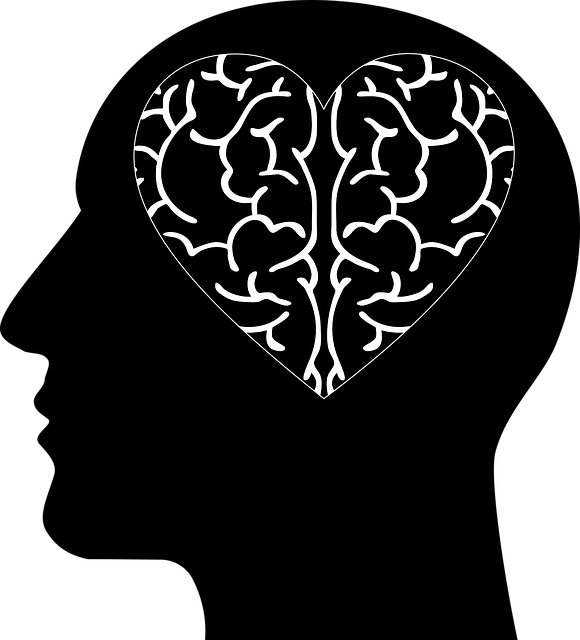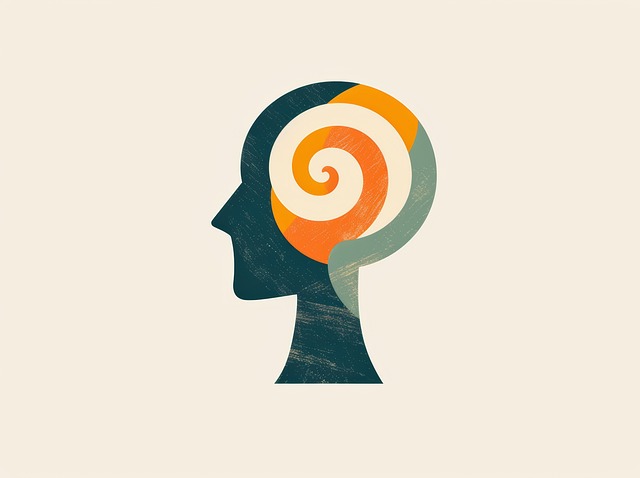Evaluating Broomfield Depression Therapy's impact requires a multi-faceted approach combining standardized assessment tools, holistic practices like Compassion Cultivation, and effective communication for culturally sensitive care. Participant feedback and satisfaction surveys are crucial for understanding program effectiveness and refining initiatives like Community Outreach and Inner Strength Development. Longitudinal assessments track mental health improvements and challenges over time, enabling continuous refinement and adaptation to evolving needs in mental wellness coaching.
Mental wellness programs play a crucial role in promoting overall well-being, and effective evaluation methods are essential for gauging their impact. This article explores three key approaches to evaluating Broomfield Depression Therapy-like programs. We delve into assessing program effectiveness using specialized tools, the power of participant feedback through satisfaction surveys, and measuring long-term impacts for continuous improvement. By understanding these evaluation methods, mental health professionals can ensure the success and adaptability of their initiatives.
- Assessing Program Effectiveness: Tools and Techniques
- Participant Feedback and Satisfaction Surveys
- Long-term Impact Evaluation and Continuous Improvement
Assessing Program Effectiveness: Tools and Techniques

Evaluating the effectiveness of a mental wellness program is a multifaceted process that requires a toolkit tailored to measure impact and identify areas for improvement. One widely recognized method, especially in the context of treating conditions like Broomfield Depression Therapy, involves utilizing standardized assessment tools designed to gauge changes in symptoms and overall well-being. These tools often include validated questionnaires and interviews that quantitatively and qualitatively assess depression levels, anxiety, stress, and life satisfaction.
Beyond traditional assessments, emerging techniques emphasize holistic approaches such as Compassion Cultivation Practices and effective communication strategies. Cultural sensitivity in mental healthcare practice is also crucial, ensuring evaluations are inclusive and tailored to diverse populations. By combining these methods, professionals can gain a comprehensive understanding of program effectiveness while fostering environments that support the unique needs of every individual.
Participant Feedback and Satisfaction Surveys

Participant feedback and satisfaction surveys are invaluable tools in evaluating the effectiveness of mental wellness programs like Broomfield Depression Therapy. These surveys provide direct insights into participants’ experiences, allowing for a deeper understanding of what works well and areas that require improvement. By gauging satisfaction levels, program facilitators can identify aspects that resonate with individuals, such as therapeutic techniques, support from peers, or the overall environment.
The feedback collected through these surveys not only helps in refining existing programs but also guides the development of new initiatives like Community Outreach Program Implementation and Inner Strength Development. Moreover, it encourages participants to share their journey towards better mental health, including any challenges overcome and self-care routines adopted. This two-way communication fosters a culture of openness, ensuring that services are tailored to meet the unique needs of each individual, ultimately enhancing overall program effectiveness.
Long-term Impact Evaluation and Continuous Improvement

The evaluation of mental wellness programs extends beyond immediate outcomes to consider the long-term impact on participants’ lives. This involves tracking the sustainability of improvements in mental health, behavior, and overall well-being over an extended period. For instance, a study focusing on Broomfield Depression Therapy could examine whether the positive effects of the program persist after several months or years. By conducting longitudinal assessments, researchers can gauge the real-world application of skills learned during therapy and identify any recurring challenges that may require further intervention. This long-term perspective is crucial for refining and improving mental wellness coaching programs, ensuring they remain effective and adaptable to evolving needs.
Continuous improvement is a key aspect of program evaluation, enabling the development of more comprehensive Depression Prevention strategies. Through ongoing assessment, it becomes possible to pinpoint areas where communication strategies can be enhanced or tailor new initiatives to address specific mental health concerns that arise over time. This iterative process not only benefits individual participants but also contributes to the broader field of mental wellness coaching programs, fostering a culture of excellence and adaptability in addressing various psychological needs.
Evaluating mental wellness programs is essential for ensuring their effectiveness, such as Broomfield Depression Therapy initiatives. By combining assessment tools, participant feedback, and long-term impact studies, program creators can gain valuable insights into their success. This comprehensive approach allows for continuous improvement, ensuring that these interventions remain tailored to meet the evolving needs of individuals seeking mental health support.














